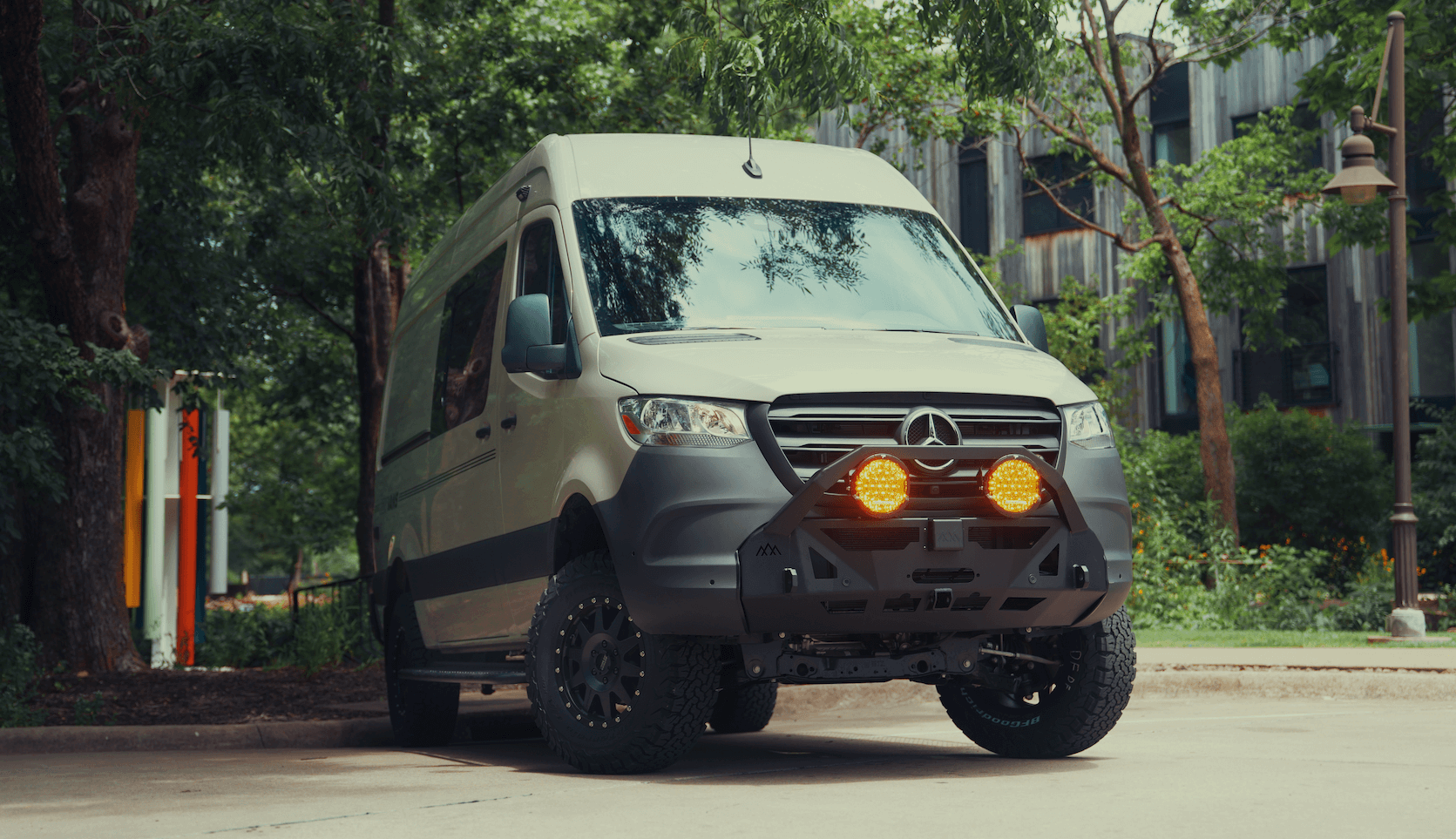Recreational Vans

Overland expos are large events that blend trade show energy with trail culture. You will find classrooms, skills areas, campfire talks, and rows of display rigs, from compact adventure wagons to heavy expedition trucks. The core aim is education and community. Attendees learn how to travel self sufficient, tread lightly, and prepare for changing terrain and weather. Brands showcase recovery gear, shelter systems, power solutions, lighting, suspension, and cargo management. The best part is touching and testing the equipment rather than just seeing it on a screen.
Education sits at the heart of these weekends. Instructors cover route planning, paper and digital navigation, radio communication, first aid basics, and meal planning beyond the cooler and propane stove. Skills areas host recovery demonstrations that show when to use traction boards, soft shackles, winch lines, and safe anchor points. Tire pressure, airing strategies, and suspension setup sessions help you tune your rig for washboard, sand, and rocky sections.
Vendor rows feel like a living catalog. You can compare roof tents, awnings, and modular storage in minutes. Power zones show solar panels, alternator charging, lithium batteries, and smart distribution. Many booths run real time demos so you can see how a system behaves under load. Bring a short list of items to evaluate and take notes with photos and model numbers. Ask about warranty terms and installation requirements to avoid surprises later.
Display rigs are more than eye candy. Builders explain layout choices, weight balance, and why certain components earned their spot. Some events offer ride alongs or short guided trail loops, which teach line choice, spotting, and throttle control in a controlled setting. If you drive your own rig, inspect straps, fluids, and recovery points before any trail session.
Start with the schedule. Mark must see classes, then layer in time for vendor aisles and rig walkarounds. Popular sessions fill quickly, so arrive early and bring a camp chair if allowed. Check ticket tiers since some classes require premium access. Camping on site keeps you in the mix after hours when many of the best conversations happen around lantern light. If you camp, follow quiet hours and pack a simple, quick to set shelter.
Smart packing keeps the weekend smooth. Shoes matter more than shirts, so choose broken in boots and bring breathable socks. Carry water, sunscreen, a hat, and a small notebook. A compact daypack holds snacks and any small purchases. Weather swings are common, so stash a light shell and a warm layer. For camera gear, a simple strap and spare battery are enough. At the vehicle, lock valuables out of sight and bring cable locks for coolers or containers if you plan to wander late.
Networking may be the most valuable takeaway. Builders, instructors, and travelers are often generous with practical tips. If you have a project in mind, bring rough dimensions, a few photos of your vehicle, and the three biggest problems you want solved. You will get sharper advice when you ask specific questions rather than broad what should I do prompts.
Overland events thrive on respect. Ask before climbing into any display rig and remove shoes if requested. During demos, allow the instructor space and keep kids clear of moving lines. Pack out all trash and avoid spilling gray water in the common areas. If you join a trail ride, keep safe spacing and avoid rooster tails that pepper the vehicle behind you. Remember that many attendees are new to this world, so a friendly explanation beats a lecture.
Safety starts with simple habits. Drink water all day, eat real meals, and pace yourself. Sun and wind will drain you faster than you expect. Store heavy items low in your backpack and in your rig to protect glass and passengers. If a vendor offers to install a part on site, verify torque specs, fusing, and routing before you roll away. After the event, do a quick bolt check and give the vehicle a slow walkaround before the drive home.
When the weekend wraps, sort your notes into three lists. First, skills to practice soon. Second, components to buy now because they solve a real problem. Third, ideas to revisit after more miles. This keeps excitement from turning into clutter and ensures your setup evolves with purpose.
To translate inspiration into a capable adventure vehicle, schedule time with our team. We build complete custom vans and overland upfits that pair clean electrical systems with practical layouts and durable materials. Explore our recreational vans, see how we approach custom build vans, or review finance friendly mainstream vans to choose your path. Share how you travel, and we will design a rig that feels calm, organized, and ready for the miles ahead.
Ready to turn expo inspiration into a real build? Book a consult with OZK Customs. We design and deliver dialed adventure vans and overland upfits with tested layouts, clean power systems, and field proven storage. Tell us how you travel, and we will map a build that fits your terrain, budget, and timeline.
ADDRESS:
6159 E Huntsville Rd, Fayetteville, AR 72701
PHONE:
(479) 326-9200
EMAIL:
info@ozkvans.com